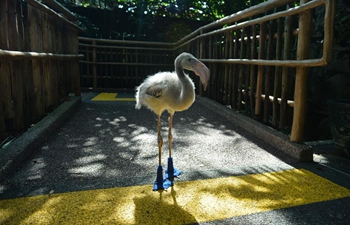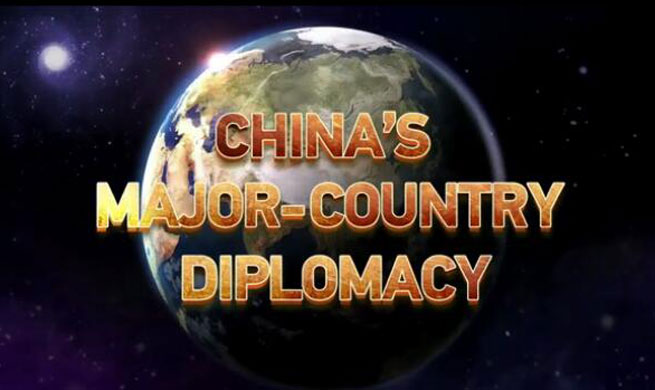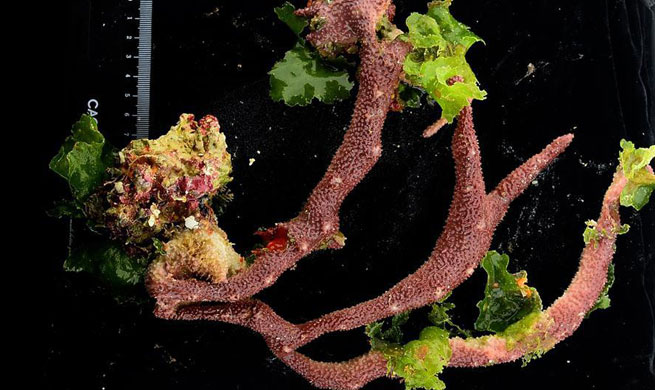CAPE TOWN, Sept.1 (Xinhua) -- The South African cabinet on Friday reiterated its commitment to a regulated process that manages the trade in threatened or protected species.
This position falls in line with the domestic legislation as well as the legally binding provisions of the the Convention on International Trade in Endangered Species of Wild Fauna and Flora (CITES), cabinet spokesperson Phumla Williams told reporters after a fortnightly cabinet meeting in Cape Town.
Despite an earlier ruling by the North Gauteng High Court on the issuing of a permit to private rhino horn breeders to sell rhino horns at home, international trade in rhino horns remains banned in terms of the CITES provisions, Williams said.
The permit does not authorize international trade in rhino horns, she stressed.
The permit led to South Africa's first online auction of rhino horns last month.
The cabinet reiterates that anyone who has acquired a sellers permit can only sell rhino horn to a person who has a buyers permit issued in terms of the National Environmental Management Biodiversity Act 2004, authorizing him or her to buy rhino horns from a seller permit holder, Williams explained.
For any auction of rhino horns, the Department of Environment Affairs (DEA) must be granted access to the online auction to do the necessary compliance monitoring, said Williams.
She said the cabinet also welcomes the recent announcement by Minister of Environmental Affairs Edna Molewa that South Africa is finalizing a verification and audits of all the existing privately owned rhino horn stockpiles.
The initial audit which was conducted on the provinical level is being checked and verified by the national DEA, according to Williams.
"This will assist in preventing the potential smuggling of illegally obtained rhino horns and will ensure that the country has full and accurate information on the number of horns in South Africa at any given time, as well as the registered owner of each one of such horns," Williams said.
She was speaking amid rising concern that domestic trade in rhino horns would lead to an increase in the illegal international trade due to the lack of a regulatory regime in the country.
The South African government has denied allegations that the country does not have systems in place to ensure that any prospective domestic sale of rhino horns takes place in a strictly regulated manner.
South Africa, home to more than 80 percent of the world's rhino population, bears the brunt of rhino poaching, having lost a total of 529 rhinos this year, official statistics show.
The country imposed a moratorium on the trade in 2009 with the aim to curb rhino poaching. But private rhino breeders say the ban has failed to curb rhino poaching.
Private rhino breeders have won a series of court battles to overturn the almost decade-long moratorium on the sale of rhino horn within South Africa's borders.

















